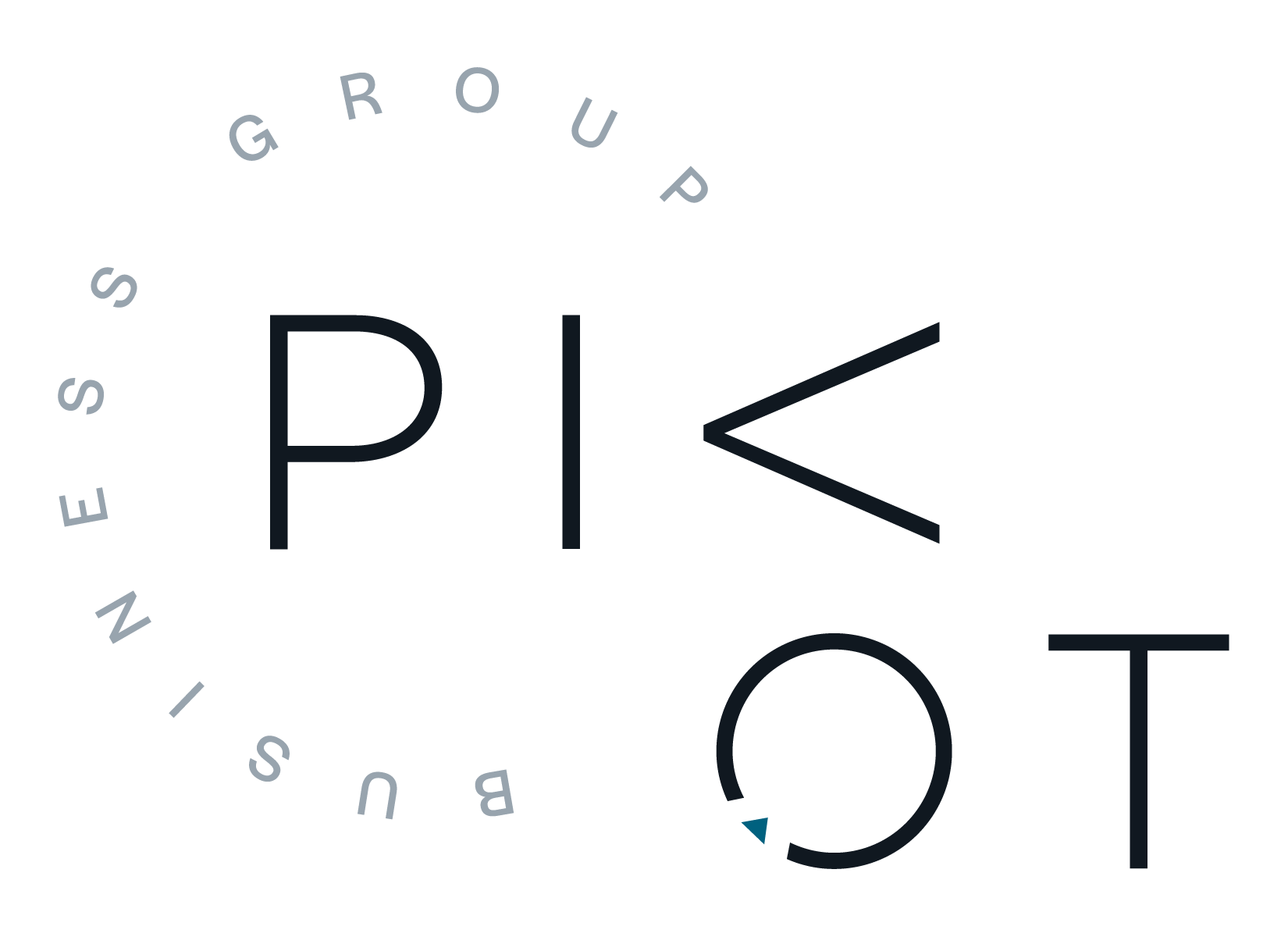1099's: What Every Business Owner Should Know
At Pivot Business Group, we understand that navigating the complexities of tax season can be a challenge for business owners. In this blog post, we aim to shed light on an essential element of financial management – Form 1099. While not a new requirement, its significance is often underestimated, and understanding its role can greatly benefit business operations.
The Legal Landscape:
Filing Form 1099 isn't just a choice; it's a legal obligation. As per federal tax law, businesses are mandated to report payments exceeding $600 made to independent contractors. This requirement ensures transparency and compliance, serving as a safeguard against potential fines and penalties from the IRS.
Who Gets Them?
If you’ve enlisted the expertise of subcontractors during the year, it’s time to put the spotlight on them with a 1099 form. Essentially, anyone who has provided services to your business as an independent contractor and received $600 or more in compensation should be on your 1099 radar.
From the graphic designer who brought your vision to life to the tech whiz who fixed your server glitches, these unsung heroes deserve recognition in the form of a 1099.
Streamlined Tax Reporting:
Beyond legal compliance, proper tracking of payments through Form 1099 offers substantial advantages. It simplifies the tax reporting process, providing a clear record of payments made to non-employees. This streamlined approach not only reduces the risk of audits but also makes filing corporate tax returns smoother, saving businesses valuable time and resources.
Building Professionalism and Trust:
Issuing 1099s not only meets legal requirements but also sends a powerful message. It demonstrates that a business operates above board, values transparency, and takes financial responsibilities seriously. Additionally, providing contractors with accurate income records fosters trust and positive relationships. This transparency not only aids in retaining quality contractors but also enhances the overall professional image of the business.
What’s the Deadline?
Time is of the essence! The deadline for furnishing 1099 forms to your subcontractors is January 31st. This means you should have these forms in the mail or inbox of your subcontractors by this date. Procrastination might leave your business treading in turbulent tax waters, and that’s a voyage you’d rather avoid!
In conclusion, while the filing of Form 1099 may seem like just another task during tax season, its impact extends far beyond compliance. It serves as a cornerstone in fostering transparency, trust, and efficiency within the financial realm of a business. Stay tuned to the Pivot Business Group blog for more insights into navigating the financial landscape with confidence.
Are you a business owner and want to learn more?
